Writing practice Letter Recognition Worksheets for 6-Year-Olds
12 filtered results
-
From - To
Discover our engaging Writing Practice Letter Recognition Worksheets designed specifically for 6-year-olds! These worksheets aid young learners in developing essential writing and recognition skills, making early literacy fun and interactive. Featuring colorful illustrations and a variety of activities, children will trace, write, and familiarize themselves with both uppercase and lowercase letters. These exercises enhance fine motor skills and boost confidence in letter formation. Ideal for use at home or in the classroom, our worksheets offer a structured approach to expand letter knowledge and reinforce writing practice. Encourage your child’s love for learning with our thoughtfully created resources!


Letter A Tracing Page
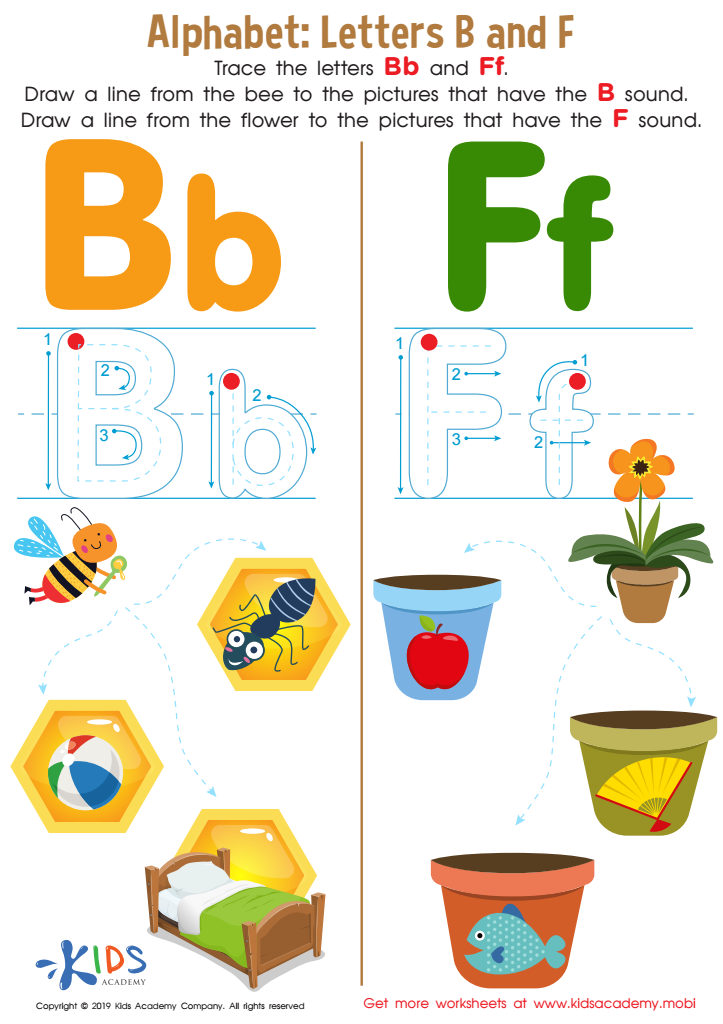

Letters B and F Tracing Worksheet
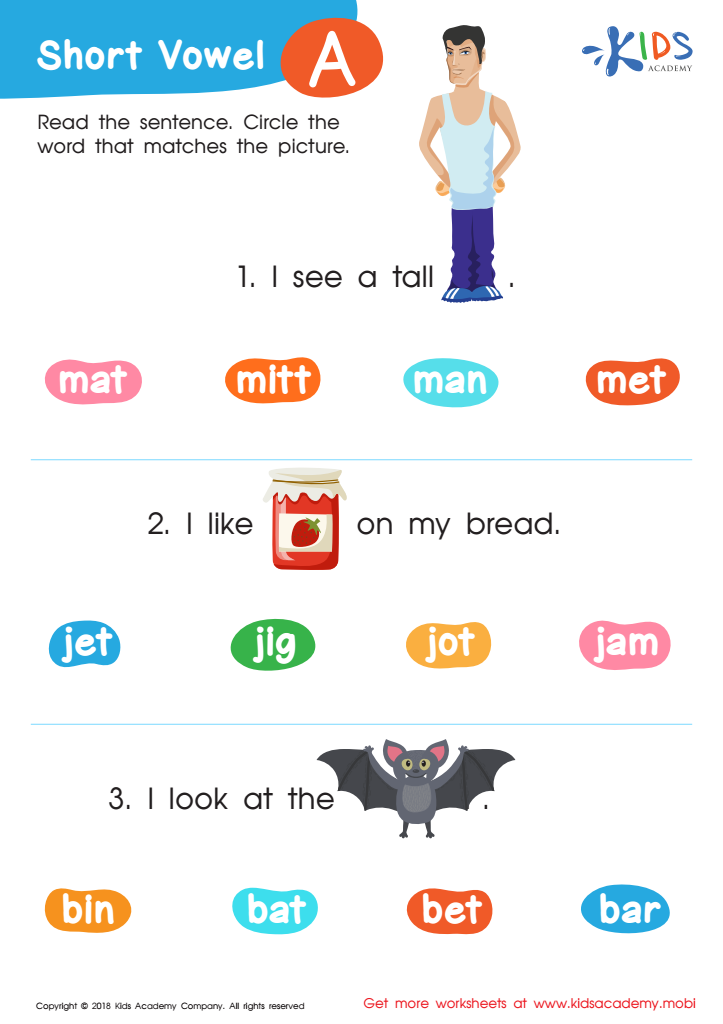

Short Vowel /a/ Worksheet
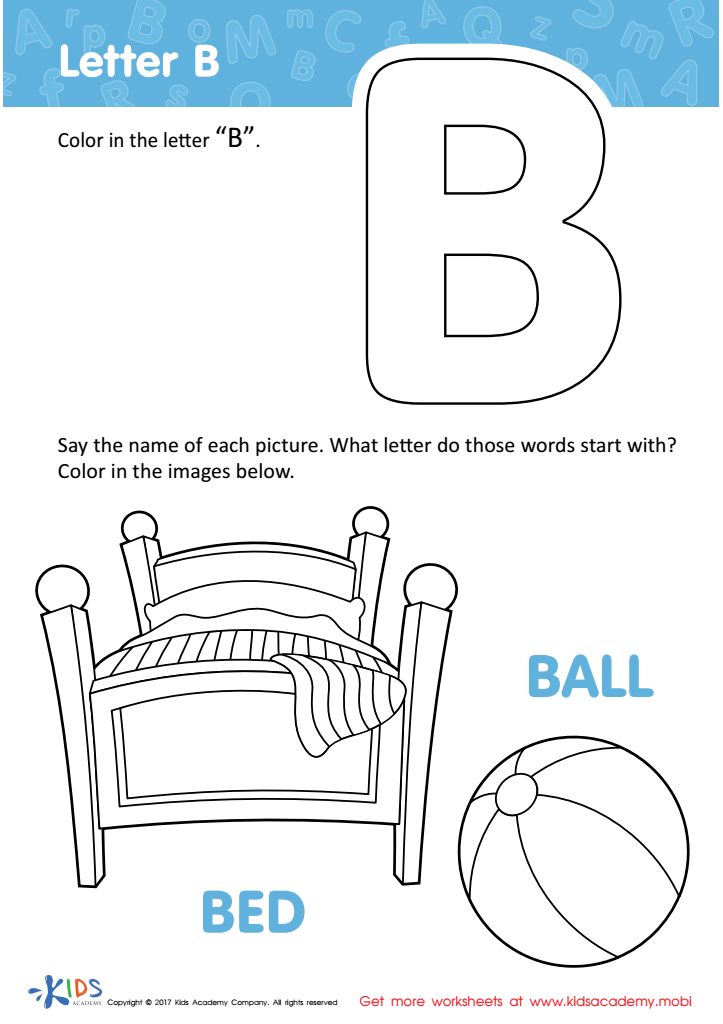

Letter B Coloring Sheet


Letter A Coloring Sheet


Letter H Tracing Page
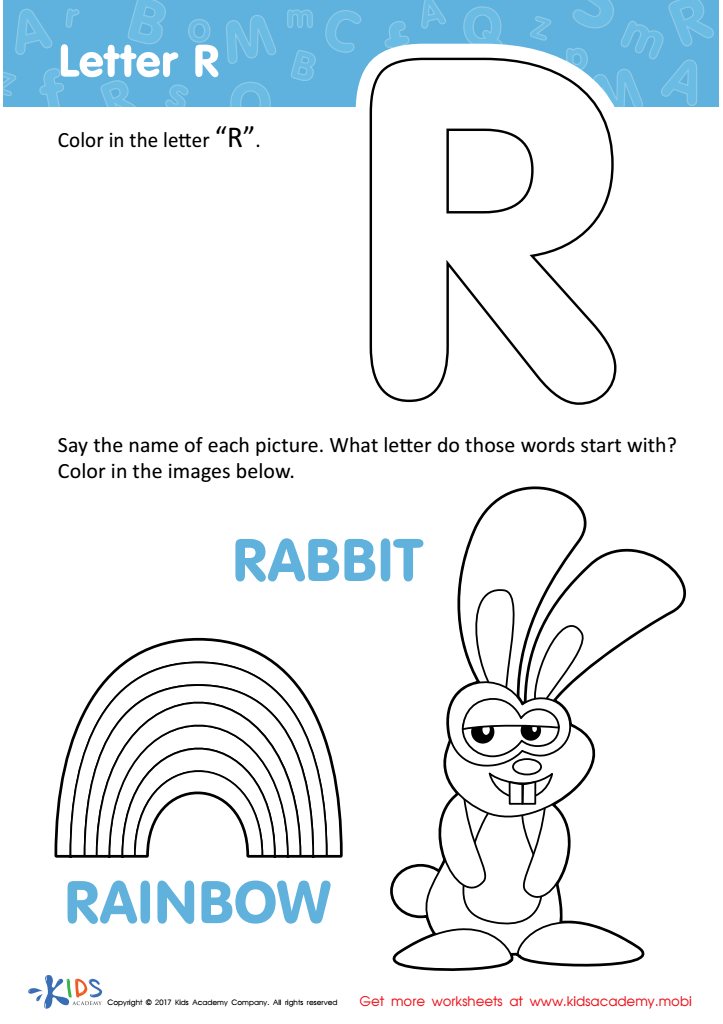

Letter R Coloring Sheet
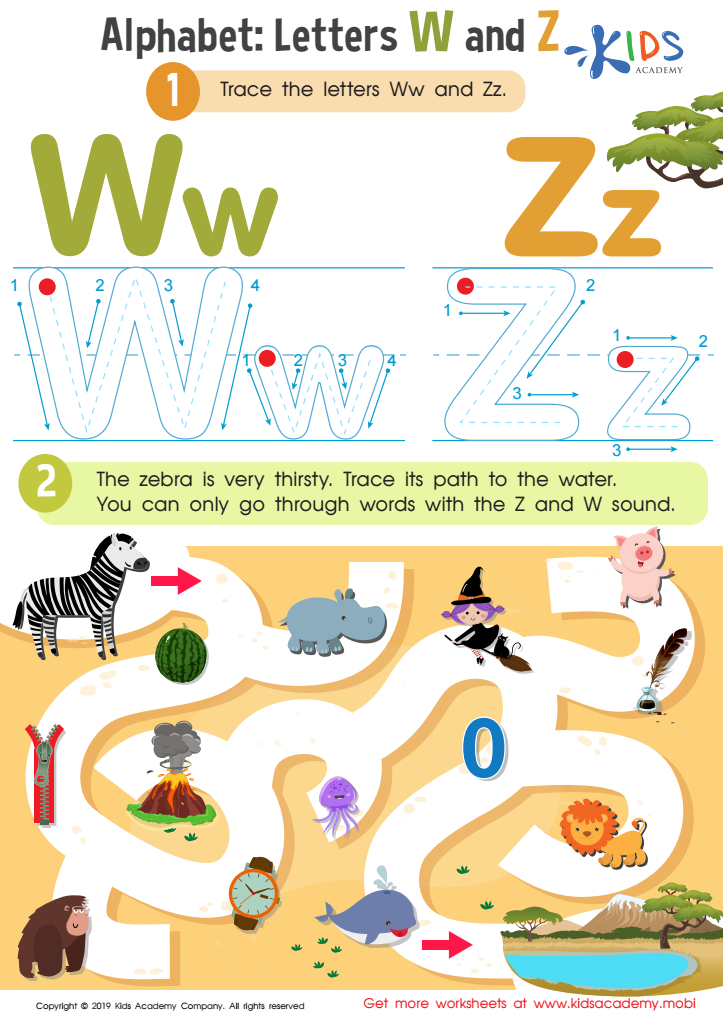

Letters W and Z Tracing Worksheet
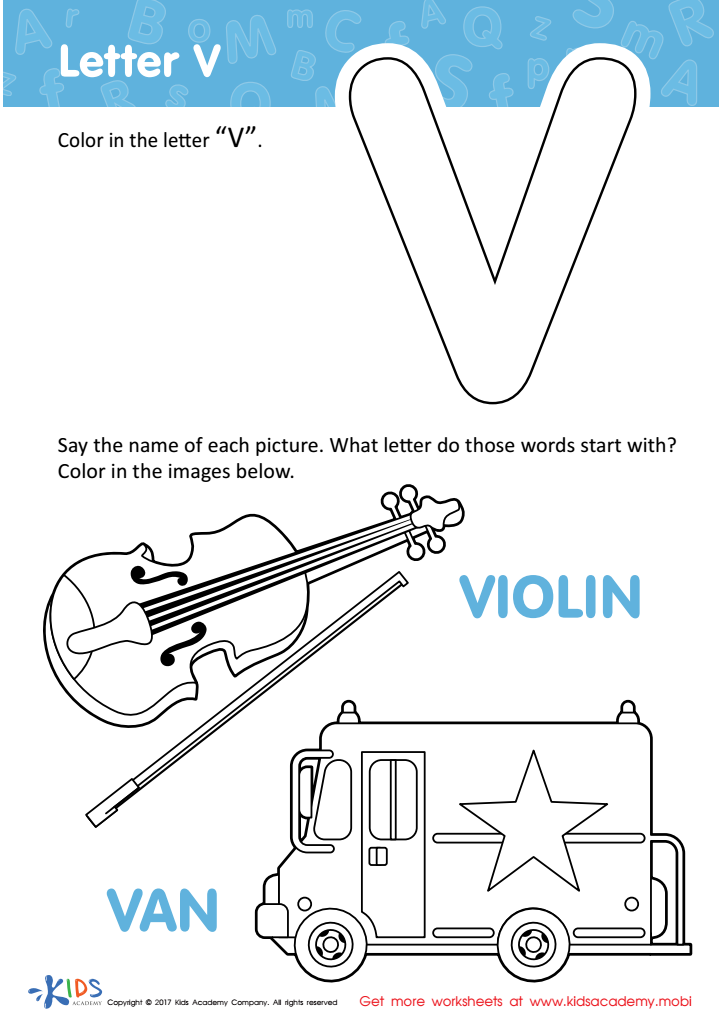

Letter V Coloring Sheet
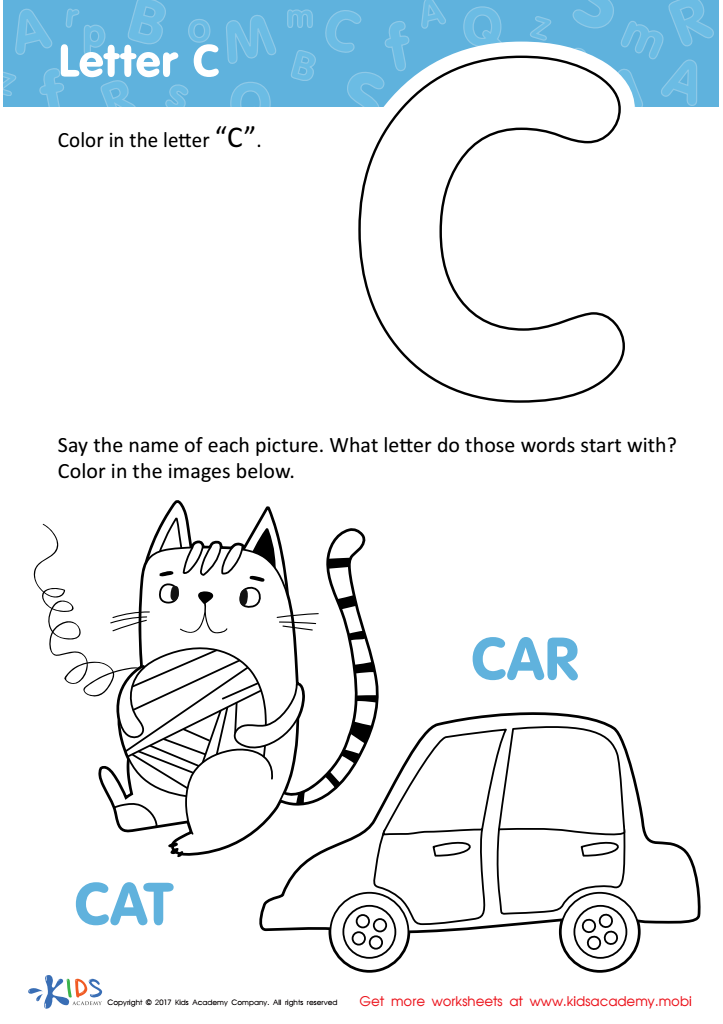

Letter C Coloring Sheet
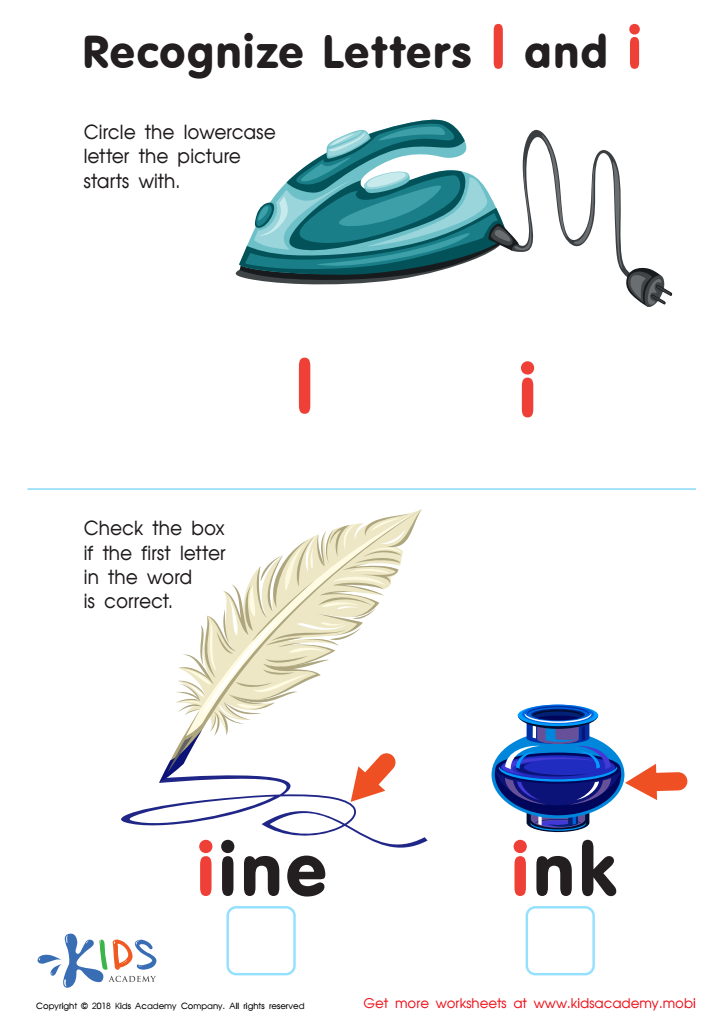

Recognize Letters l and i Worksheet
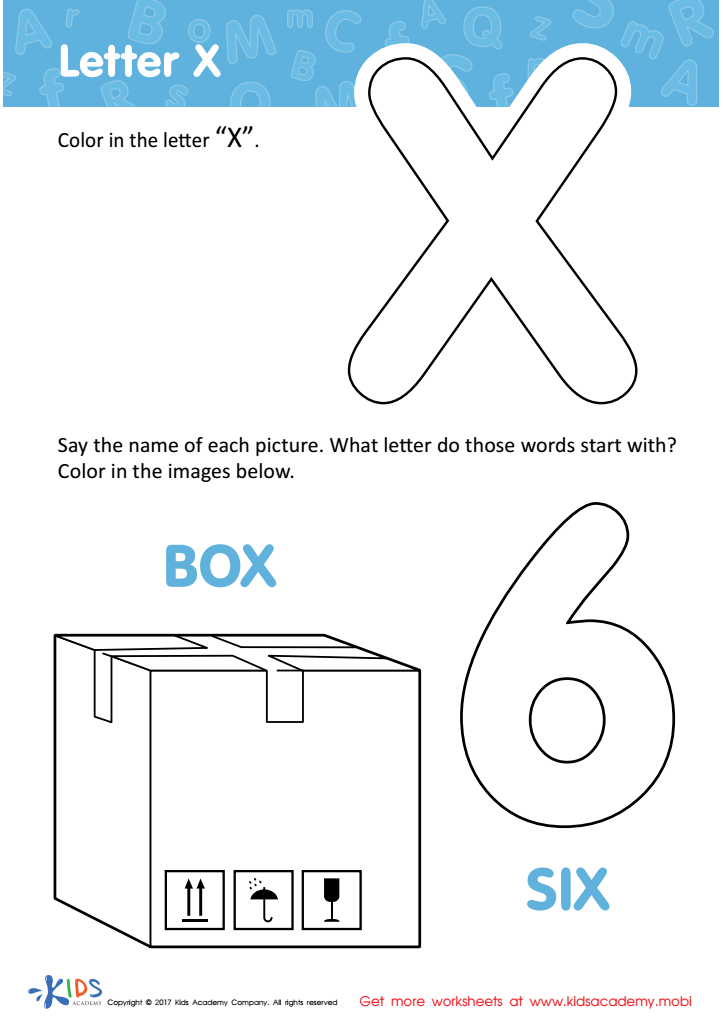

Letter X Coloring Sheet
Writing practice and letter recognition are essential components of literacy development for 6-year-olds, and both parents and teachers should prioritize these skills. At this age, children are transitioning from learning letters in isolation to forming words and sentences, making writing practice critical. By honing their writing skills, children gain confidence in expressing their thoughts and emotions, fostering creativity and enhancing their communication abilities.
Letter recognition is fundamental to reading success. Understanding the shapes and sounds of letters allows children to decode words, which is foundational for all future literacy learning. Parents and teachers can create a supportive environment by engaging children in fun activities like writing stories, keeping journals, or crafting letters.
Moreover, writing practice improves fine motor skills, which are crucial for overall academic performance. Enhanced grip and coordination lead to better handwriting and control, allowing children to focus on content rather than struggling with the mechanics of writing.
When parents and teachers collaborate in recognizing the importance of these skills, children receive a comprehensive support system that encourages their growth. This foundational mastery in writing and letter recognition sets the stage for a lifetime of literacy and learning. By nurturing these skills early, we help children develop crucial academic and life skills that will benefit them long-term.
 Assign to My Students
Assign to My Students















